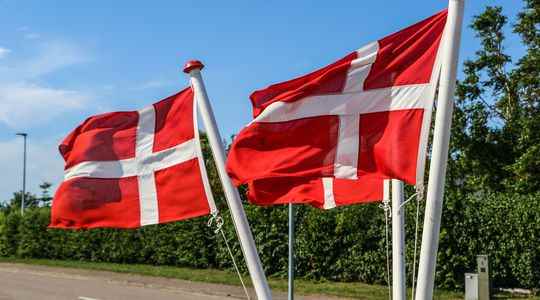Since its accession to the European Union (EU) in 1973, Denmark has distinguished itself by its refusal of greater integration. The “no” to the Maastricht Treaty in 1992, decided by referendum, was followed by the “no” to the euro in 2000, then another “no” in 2015 on questions of justice and internal affairs. This reluctance has earned it the benefit, over the past three decades, of exemptions from taking part in certain Brussels policies.
The war launched by Vladimir Putin against Ukraine on February 24, however, is beginning to change the situation. The Danes voted on Wednesday to lift the derogation which until now exempted them from participating in Community defense policy. The “yes” won almost 67%. “When we have to fight for the security of Europe, we must be more united with our neighbours”, pleaded Prime Minister Mette Frederiksen, a few days before the vote.
“We are entering a new era, this world is no longer that of 1992, with an à la carte Europe for Denmark, specifies Lars Bangert Struwe, director of the think tank Atlantsammenslutningen, based in Copenhagen. By integrating defense policy of the EU, the country will benefit from programs to improve continental capabilities, but also participate in them, by contributing its know-how in certain fields such as radars and identification systems for chemical, biological and nuclear weapons. ”
Above all, Wednesday’s “yes” allows Denmark to no longer be automatically excluded from EU military missions, such as that for peacekeeping in Bosnia-Herzegovina or the fight against piracy off the coast of Somalia. “All of this sends a strong signal to the other Member States, who were expecting us all to be side by side”, underlines Lars Bangert Struwe.
This is Denmark, a founding member of NATO in 1949, now fully integrated into the continental security architecture. This development accompanies another, no less historic one: the forthcoming NATO membership of Sweden and Finland, whose candidacies were officially submitted last month, in response, again, to the aggression of Ukraine. by the Russian army.
So many decisive steps in the political and security unification, facing Russia, of all the other countries of the Baltic region, to which Estonia, Latvia, Lithuania, Poland and Germany also belong. “A new defense cooperation is taking place in northern Europe,” argues Lars Bangert Struwe. A strategic reinforcement hated by Vladimir Putin, but which he provoked by his military adventurism.
Clement Daniez
